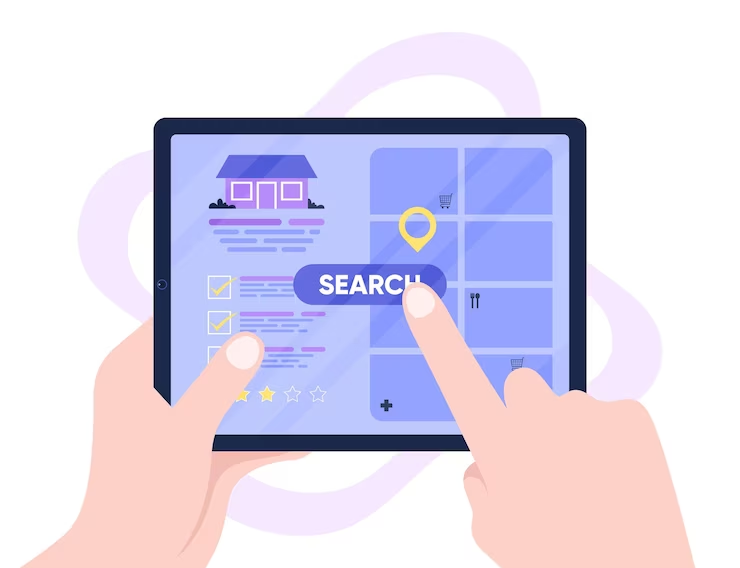Local SEO is an essential aspect of digital marketing for small businesses looking to attract customers in their local area. By optimizing your website and online presence for local search, you can increase your visibility in search engine results pages (SERPs) and attract more local customers to your business. Here are some expert tips for a successful local SEO strategy:
- Claim and Optimize Your Google My Business Listing
Google My Business (GMB) is a free tool provided by Google that allows businesses to manage their online presence across Google, including search and maps. By claiming and optimizing your GMB listing, you can improve your local search rankings and attract more customers to your business.
To optimize your GMB listing, make sure to provide accurate and up-to-date information about your business, including your address, phone number, business hours, and website. You should also choose relevant categories for your business and add photos and videos to showcase your products or services.
- Use Local Keywords in Your Website Content
Keywords are the words and phrases that people use to search for information online. By using local keywords in your website content, you can increase your visibility in local search results and attract more local customers to your business.
To identify local keywords, start by conducting keyword research using tools like Google’s Keyword Planner or Moz’s Keyword Explorer. Look for keywords that include location-specific terms like “near me,” “in [city name],” or “local.” You should also consider using long-tail keywords, which are more specific and targeted than generic keywords.
- Optimize Your Website for Mobile
More and more people are using mobile devices to search for information online, so it’s essential to optimize your website for mobile users. Mobile optimization includes ensuring that your website is responsive and loads quickly on mobile devices, as well as optimizing your content for mobile users.
To optimize your website for mobile, make sure to use a responsive design that adjusts to different screen sizes and orientations. You should also optimize your images and videos for mobile users, use short paragraphs and bullet points to make your content easy to read, and use clear calls to action to encourage conversions.
- Build Local Citations and Backlinks
Citations and backlinks are important factors in local SEO, as they signal to search engines that your business is reputable and authoritative. Citations are mentions of your business name, address, and phone number (NAP) on other websites, while backlinks are links from other websites to your website.
To build local citations, make sure to list your business on local directories and review sites like Yelp, TripAdvisor, and YellowPages. You should also reach out to local businesses and organizations to see if they’re willing to list your business on their website.
To build backlinks, you can create high-quality content that other websites will want to link to, such as blog posts, infographics, and videos. You can also reach out to other websites in your industry and ask them to link to your content.
- Encourage Customer Reviews
Customer reviews are an important factor in local SEO, as they provide social proof that your business is reputable and trustworthy. Encouraging customers to leave reviews on your GMB listing and other review sites can help improve your local search rankings and attract more customers to your business.
To encourage customer reviews, make sure to provide excellent customer service and ask customers to leave a review after they’ve had a positive experience with your business. You can also offer incentives like discounts or freebies to customers who leave a review.
- Use Local Schema Markup
Schema markup is a type of structured data that helps search engines understand the content on your website. Local schema markup includes specific information about your business, such as your NAP, business hours, and customer reviews.
To add local schema markup to your website, you can use tools.






